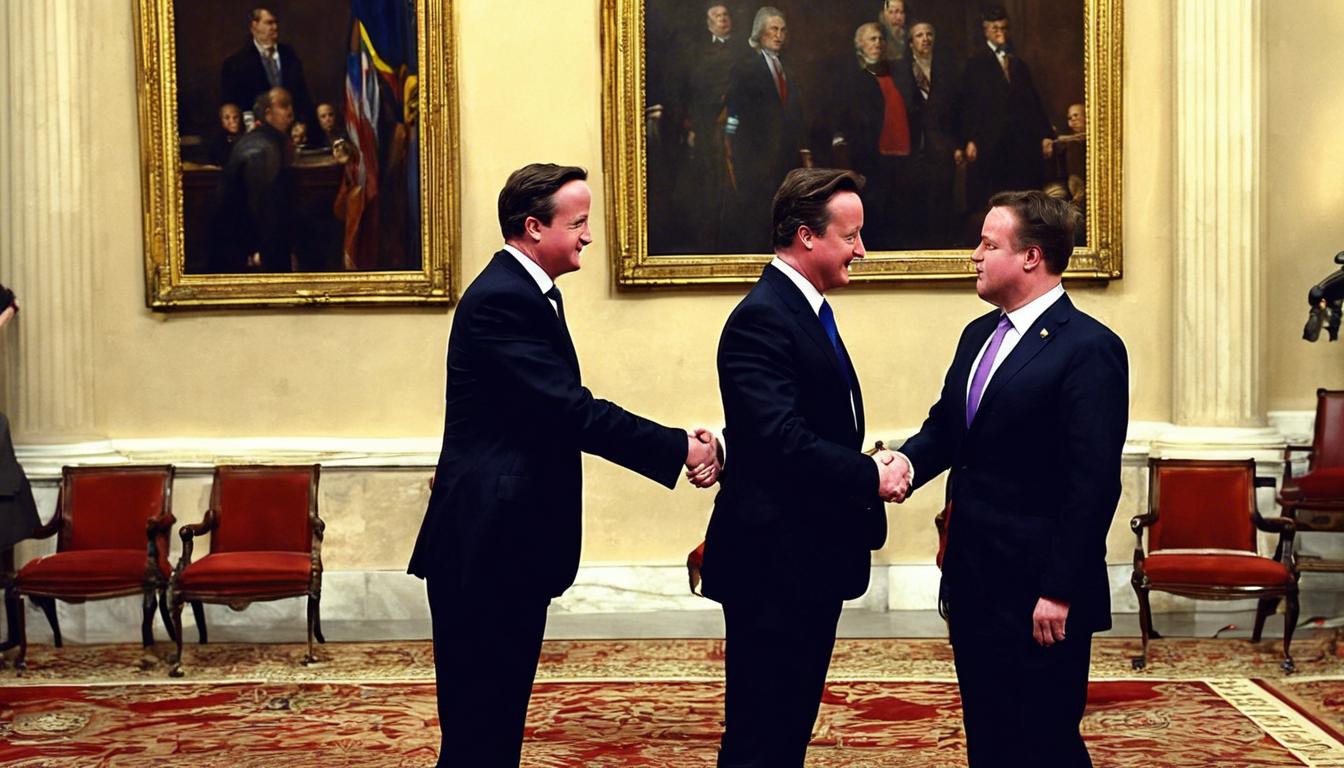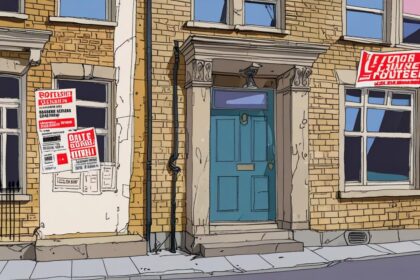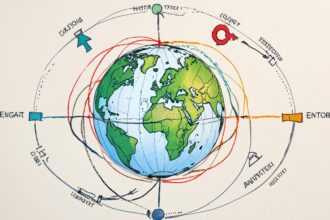British Foreign Secretary’s appeal for accelerated U.S. aid to Ukraine highlights the geopolitical tensions and the importance of Western unity against challenges.
During a significant visit to Washington, British Foreign Secretary David Cameron is poised to urge U.S. lawmakers to accelerate approval of crucial aid for Ukraine, citing that the delay compromises Western security. Cameron’s mission to advocate for the $95 billion aid package comes on the heels of Britain and the European Union’s support for Ukraine amidst the ongoing conflict. This urgent appeal follows a collaborative call for increased Ukraine funding by France and the UK, further solidifying their enduring partnership through shared military ceremonies that celebrate their historical alliance.
In a related development within the U.S., Republican House Speaker Mike Johnson faces internal opposition over the proposed Ukraine aid package, with resistance notably from the hard-right faction of his party. Despite the Senate’s approval of the funding in February, Johnson’s effort to introduce a modified proposal in the House is met with significant hurdles. Figures like Marjorie Taylor Greene openly challenge the aid, accentuating the internal divisions and potential implications for Johnson’s leadership role and the broader Republican Party stance on aiding Ukraine against Russian aggression.
Meanwhile, the UK-France relationship was symbolically reinforced through a special ceremony at Buckingham Palace, marking the 120th anniversary of the Entente Cordiale. The Duke and Duchess of Edinburgh represented the royal family, highlighting the event’s significance in commemorating the resilient bond between the two nations. The ceremony involved troops from both countries, emphasizing a united front and mutual respect, despite the King’s absence due to ongoing cancer treatment.
Collectively, these developments underscore the international and domestic political dynamics surrounding support for Ukraine, the challenges within the U.S. political landscape regarding foreign aid, and the significance of UK-France historical ties in the current geopolitical context.













